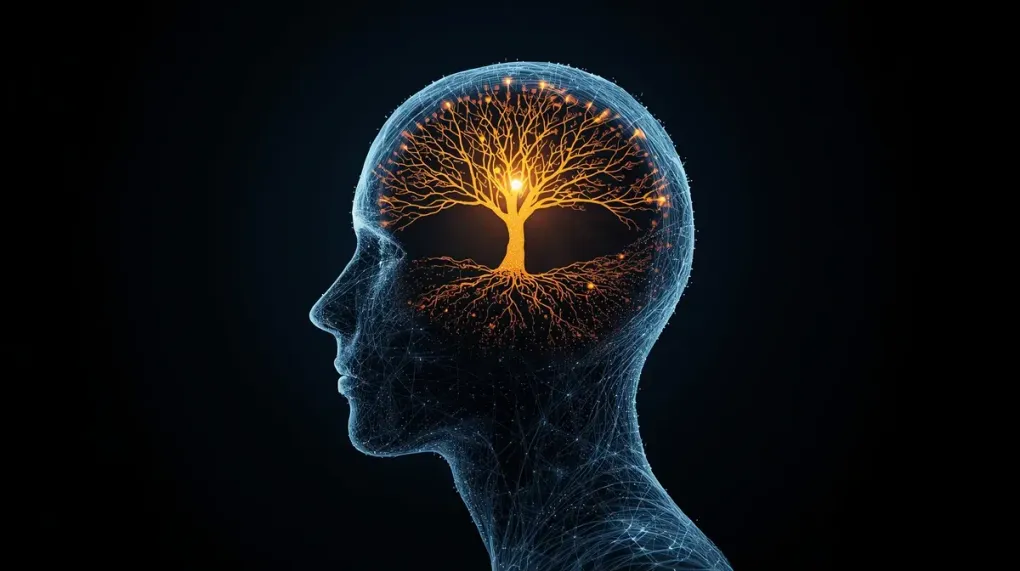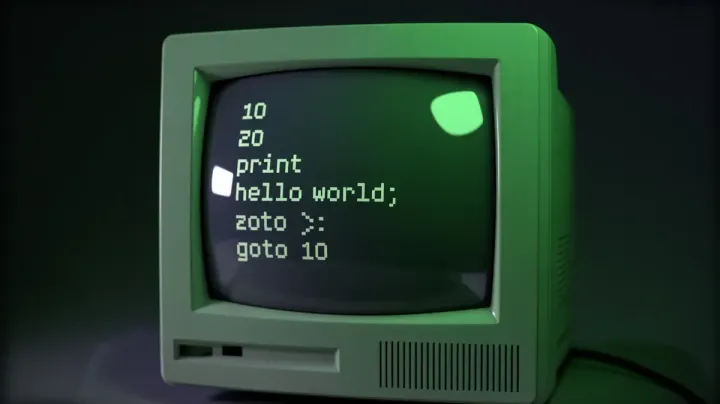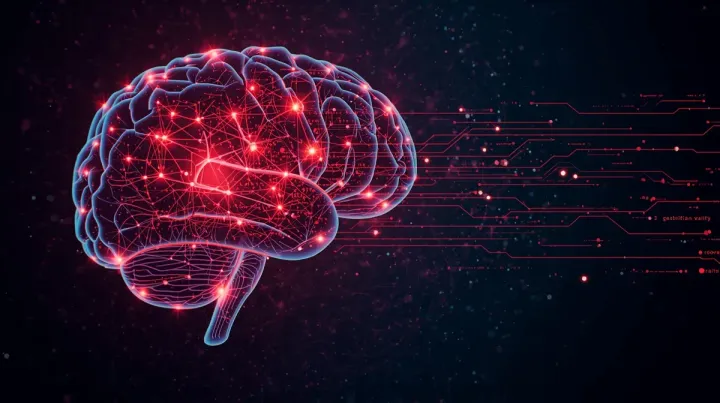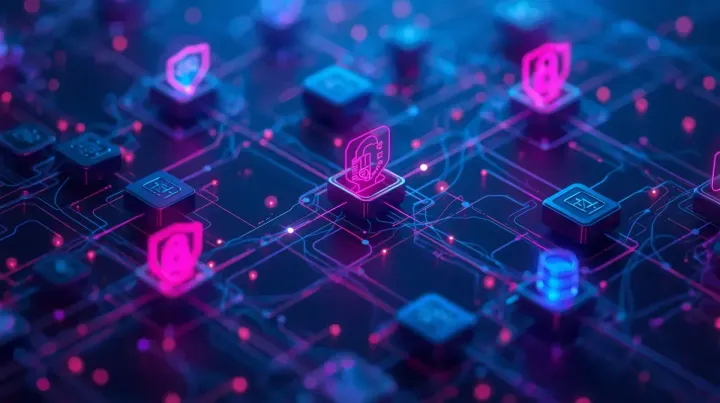
Cultivating a Growth Mindset in 2025: Beyond the Hype
The Buzzword and The Reality
I’ve been thinking a lot about the term “growth mindset.” It’s everywhere, right? LinkedIn gurus, corporate training, self-help books… it’s become a bit of a buzzword. And like any buzzword, it’s in danger of losing its meaning. It’s often diluted into a form of toxic positivity – just “think positive” and everything will be fine. That’s not just wrong; it’s counterproductive.
A true growth mindset, as originally researched by Carol Dweck, isn’t about ignoring reality. It’s about fundamentally believing that your abilities and intelligence can be developed through dedication and hard work. It’s the difference between saying “I can’t do this” (a fixed mindset) and “I can’t do this yet” (a growth mindset). That one simple word, “yet,” is the key. It opens the door to learning, resilience, and genuine improvement.
Why It’s More Critical Than Ever in 2025
Look around. The pace of change is relentless. AI is reshaping industries, skills that were valuable five years ago are becoming obsolete, and the very nature of work is in flux. In this environment, a fixed mindset is a recipe for stagnation. Believing that your skills are static is a surefire way to be left behind.
A growth mindset, on the other hand, is the ultimate tool for adaptation. It allows you to see challenges not as threats, but as opportunities to learn. It encourages you to embrace feedback, not fear it. In an era defined by AI and automation, our most human qualities – our ability to learn, adapt, and think critically – are our greatest assets.
Practical Steps, Not Empty Platitudes
So, how do we move beyond the hype and cultivate a genuine growth mindset?
-
Embrace the “Yet”: The next time you find yourself thinking “I’m not good at this,” consciously add “yet” to the end of the sentence. It’s a small change, but it reframes the entire challenge.
-
Seek Out Challenges: Deliberately take on tasks that are just outside your comfort zone. The goal isn’t to succeed perfectly every time, but to stretch your abilities and learn from the process.
-
Reframe “Failure”: Failure is not an indictment of your character or intelligence. It’s data. It’s a signpost showing you what you need to work on. When something doesn’t go as planned, ask “What can I learn from this?” instead of “What’s wrong with me?”
-
Focus on Process, Not Just Outcome: Instead of obsessing over the final result, pay attention to the effort, strategies, and learning that go into your work. Praising effort (“I worked hard on this”) rather than innate ability (“I’m smart”) reinforces the idea that your abilities are within your control.
A Final Thought
In 2025, a growth mindset isn’t just a nice-to-have. It’s a fundamental shift in how we approach our lives and careers. It’s about trading the comfort of certainty for the power of potential. It’s about choosing to be a lifelong learner in a world that never stops teaching. And that, I believe, is a choice worth making.
Source: This post is an opinion piece inspired by the foundational work of Carol S. Dweck in her book “Mindset: The New Psychology of Success.”


